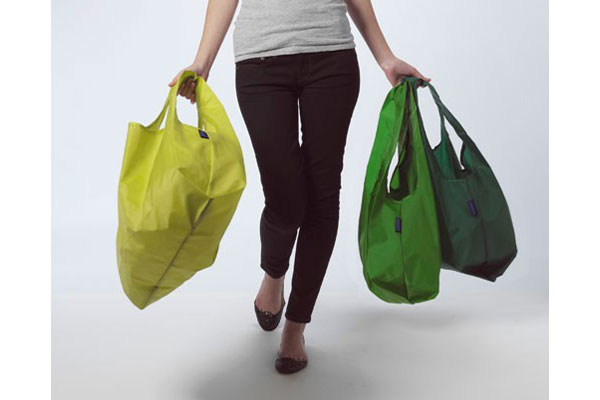For a Better World
1. Handling Bags
Many no-frill grocery stores either don’t offer plastic bags or don’t bag a customer’s groceries for them. These days, the eco-friendly shopper can bring their own, sturdy, reusable bags to any store to avoid using extra plastics. Some stores are beginning to offer recycling for their plastic bags, encouraging customers to return the bags to the stores to be dealt with in a more environmentally-friendly fashion. Many plastic bags are being made from recycled plastic as well, extending the material’s lifespan and preventing it from sitting in a landfill.
2. Store Policies
More and more supermarkets are beginning to open up about how they are benefitting the Green Movement – whether through recycling, energy and water conservation, or trying to lessen the plastic footprint. Don’t be afraid to research stores. The Kroger Company is very open about their environmental standards, laying out their policies for more sustainable practices. Schnucks, among other stores, allows customers to choose paper bags over plastics. Some stores follow a rotating-lights schedule to conserve energy; still others encourage the use of reusable shopping bags.
3. Carbon Footprint
Planning ahead for shopping trips reduces the amount of car emissions. If a shopper plans ahead and follows a schedule, they don’t have to constantly jump in the car or stop in at the nearest store. Some stores like Ingles will focus on local-grown produce in order to cut delivery costs – and shipping consequences. Every little thing adds up when it comes to ecological stability.
4. Going Paperless
Many stores, including Ralphs and Vons, allow customer to create digital shopping lists, load digital coupons onto their rewards cards, and access weekly ads online. When not using a store website, shoppers can take advantage of notepad apps on their phone – they can even text themselves a list to avoid wasting paper.
